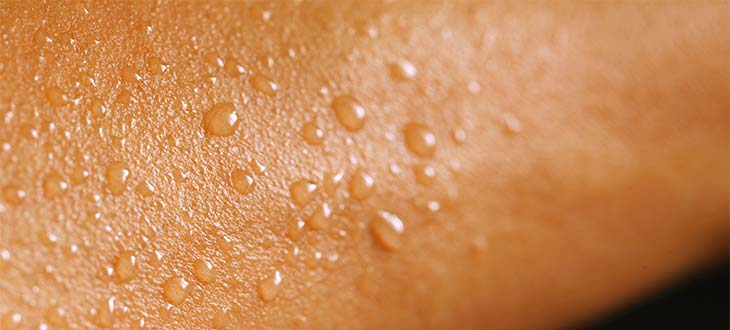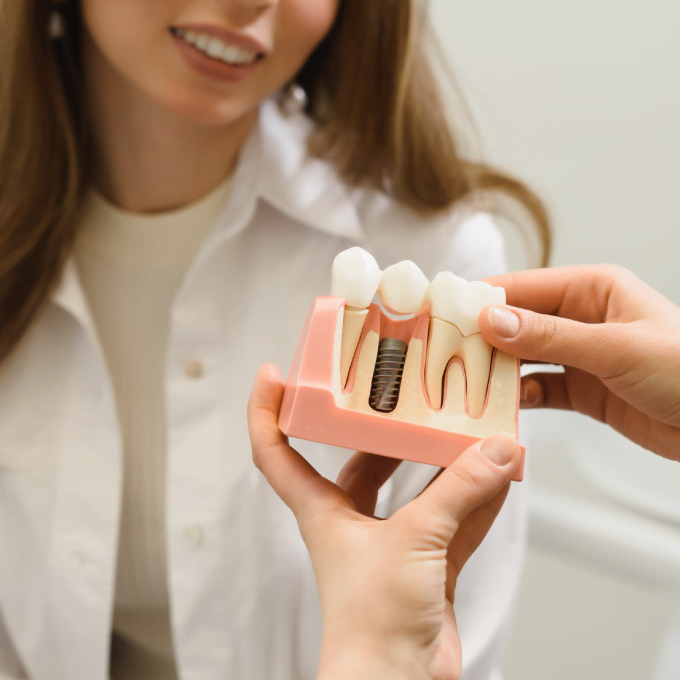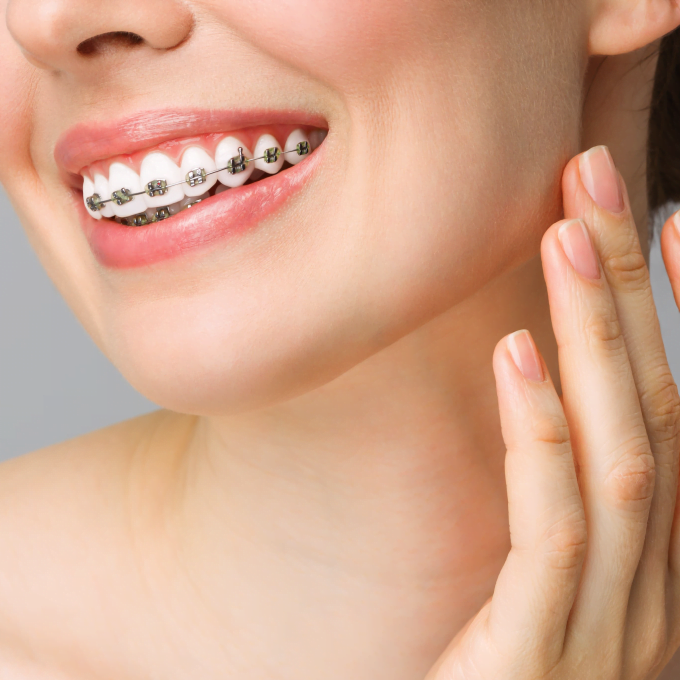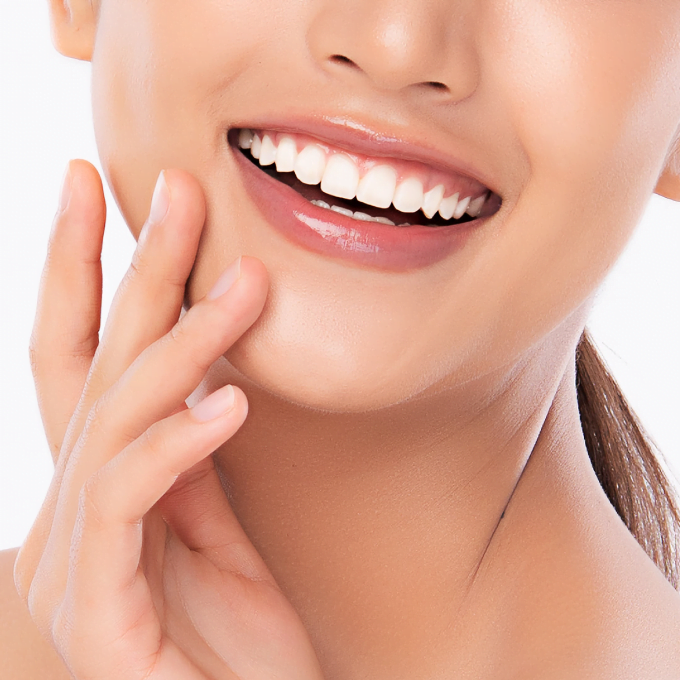How does humidity affect our skin?
You probably don’t need us to tell you about the effects that heat and ultraviolet light has on your skin, just as you don’t need us to tell you about how it can be affected by cold and biting wind, either. But the effects of humidity aren’t always given quite the same level of attention, and they’re certainly worth knowing more about as we move even further into Spring!
Skin breakouts
The combination of higher heat throughout the day and significant humidity levels can cause you to overheat quite quickly, which inevitably leads to perspiration. Though this isn’t anything to worry about – in fact, it’d be far more worrying if you didn’t perspire – the sweat on your skin can cause unexpected breakouts, even if you normally don’t have the problem very frequently. Unfortunately, the risk of breakouts is significantly greater if you naturally have oily skin too. (But don’t worry – you’re not alone there!)
In the heat and humidity, naturally oily skin experiences more shine because oil production increases above normal levels. This might cause additional blackheads, pimples or acne due to clogged pores. A skin cleanser that contains salicylic acid is useful to reduce the oil on the skin. However, it’s wise to only use it in the evening or overnight, because it increases the susceptibility to bright sunlight. Use it as an extra night-time skin treatment protocol when on holiday. (Plus, here at AP Skincare, we also have several anti-perspiration treatments, which are often worth considering!)
Greater moisture
Not every effect of humidity is negative. Usually, our skin has a certain amount of surface and under-the-surface moisture. This helps to keep the skin supple. When staying in a humid climate, the moisture in the air is greater, which provides extra moisture to your pores. As long as you don’t stay out in the direct sun for too long each day, then the humidity does wonders for drier skin types.

The added moisture present in the air avoids the skin drying out. Also, in hotter locations, the tendency towards perspiration expels toxins too. Humidity is nature’s way of assisting your skin in staying cleaner and healthier. Just try and stay out of direct sunshine at the hottest and brightest times of day, generally between 10am and 4pm.
Heat rash
However, with greater moisture there’s also the risk of heat rash. Heat rashes occur when sweat ducts are blocked, keeping the moisture below the skin’s surface. Because the skin has extra moisture in humid environments and perspiration is more common, heat rashes can happen when you’re not careful.
Regular showers can help to unblock the skin’s pores and sweat ducts, allowing it to release the moisture held below the surface. It’s also useful to wear looser clothing and let your body air out if the affected areas are hidden below tight clothing layers. Again, it’s usually nothing to worry about in the long term, though – heat rashes usually dissipate naturally in 3-4 days.
If you find your skin is affected by the humidity, it’s worth having a think about our anti-perspiration treatments. Of course, they’re not the only treatments we offer here at AP Skincare either – you can browse our full range of core treatments here, or pop into our Blackburn treatment centre to book an appointment!








 Dentures
Dentures
 Dental Implants
Dental Implants
 Braces
Braces
 Teeth Whitening
Teeth Whitening
 Smile Makeover
Smile Makeover